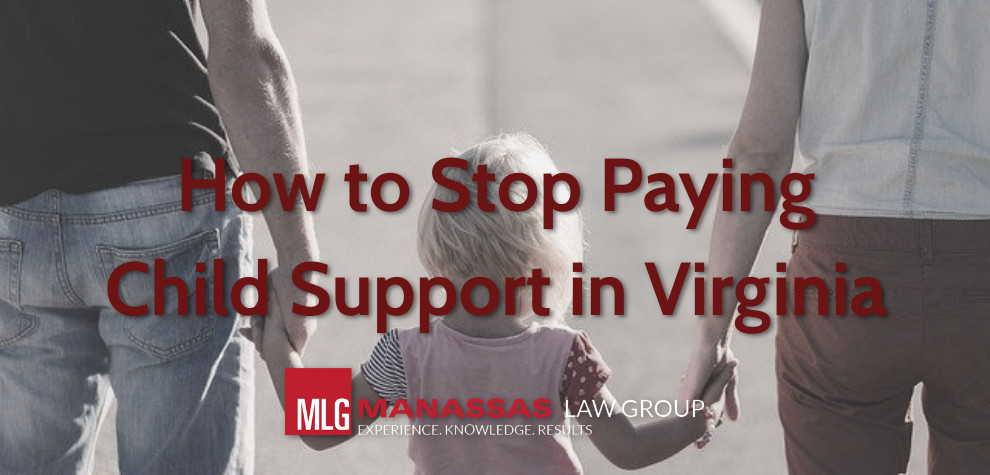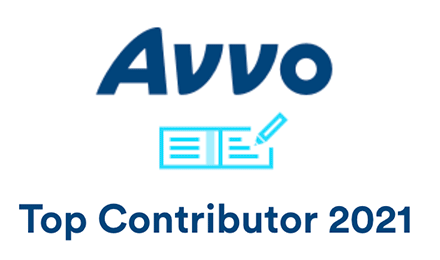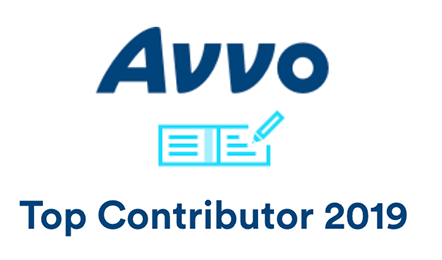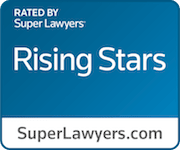Parents who have undergone divorce and who have children often encounter the legal issue of child support. Fortunately, the Commonwealth of Virginia adopted what is essentially a formula for child support calculation. It helps one parent determine how much they will pay in child support to the other parent. This formula takes into account several factors, including income, child care costs, the number of days the parent has with the child, and more.
But what happens when child support payments become a strain on your finances? What if you believe you should no longer have a child support obligation? Our experienced family law attorneys at the Manassas Law Group have adaptable legal strategies, meaning they’re ready to take on anything. To schedule a consultation, call 703-361-8246, or fill out our online intake form.
Can Child Support Be Waived in Virginia?
Generally, no. Virginia has very strict laws concerning child support payments, and the courts do not allow parents to legally waive or limit child support. As an example, let’s say that one parent fails to make their child support payments on time, for one reason or another. The two parents get together and agree to waive that payment. This agreement of a waiver is not legally binding. Under Virginia law, child support arrears, or money that is owed and should have been paid earlier, cannot be waived. The court also cannot modify or lessen the arrears that a parent accrued.
When Can I Stop Paying Child Support in Virginia?
Virginia terminates its child support orders when the child turns 18, with one notable exception. If the child meets all of the following criteria, the custodial parent may still request child support payments.
- The child turns 18.
- The child is still in high school.
- They are not self-supporting.
- They still live with their custodial parent.
In this specific case, payments continue until the child either turns 19 or graduates high school, whichever comes first. Also, in cases where the child is severely and permanently disabled in some way, the court may require support beyond the age of 18. In this case, the child must not live independently of their custodial parent, and must reside within their home.
Can Child Support Be Stopped if Both Parents Agree?
Yes, but only if the parents receive court approval. Virginia courts strongly suggest any and all adjustments to child support agreements to be done through the court system, as written agreements between the parents are not enforceable. However, both parents are allowed to modify their obligations so long as they are approved and reviewed by a judge in the state of Virginia. Any agreement like this must follow specific legal requirements, and it must be in the best interest of the child. In order to avoid legal pitfalls in negotiating your child support, we recommend speaking with an experienced Virginia family law attorney.
Can I Have My Child Support Obligations Lowered?
The non-custodial parent may petition the court to lower their child support obligations. In order for this to happen, the non-custodial parent must provide documentation of material changes in their life which justify the reduction. Additionally, it is the non-custodial parent’s responsibility to show that their inability to pay the original amount is not a result of a voluntary action. Lastly, they must also show that the material change is a new circumstance which occurred after the initial child support amount was set by the court. Below, we list common material changes that courts are likely to recognize.
- Medical bills due to unexpected emergencies.
- The custodial parent’s financial situation drastically improves or changes in some way.
- Virginia’s child support guidelines change in some way.
What Happens if I Overpay Child Support?
In cases of child support overpayment, there is no credit guarantee for that overpayment. Virginia courts, in the past, have held that overpayments do not receive credit toward future child support payments. The courts consider these overpayments to be gifts, which do not count for future payments.
What Happens if I Don’t Pay My Child Support in Virginia?
No matter what, keep in mind that penalties for missed payments have the potential to be very steep in Virginia. If there is ever a time in which you worry about your own ability to meet your child support obligations, you should speak with a knowledgeable family law attorney in Virginia. They can help reduce your chances of facing penalties for failing to make your payments. Below, we list the possible penalties for missed or unpaid child support.
- Financial penalties: Virginia courts might make up the missed payments in the form of wage garnishment, tax refund garnishment, or even government benefits withholding.
- Personal penalties: After failing to pay, your driver’s license might be suspended, as well as any other licenses you might hold. The courts might also prevent you from renewing your passport. Additionally, your late payments will likely be reported to your employer and Virginia credit agencies.
- Criminal penalties: In some cases, Virginia courts find those who fail to pay their child support to be in contempt of court. This comes with the possibility of a jail sentence.
As these penalties have the potential to be quite severe, we highly recommend that you stay current with your payments. If there is even a possibility that you could miss a payment, contact the Manassas Law Group right away. We can help you explore your legal options to put you back on track and avoid serious penalties.
Experience in Child Support in Virginia
The sooner you get an attorney to represent your financial interests, the better. At the Manassas Law Group in Virginia, we use our experience and knowledge to get you results. We’re experienced trial lawyers, which means that when conflict resolution outside the courtroom doesn’t work, we’ll fight on your behalf in front of a judge. Whether you’re looking for specific legal advice or general guidance on an issue, we can help. Call 703-361-8246 to arrange your consultation, or visit us online.
















